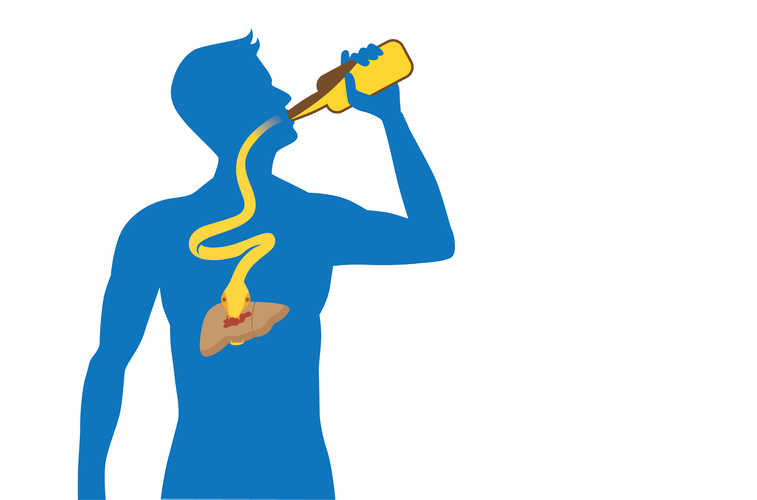The risks of drinking during pregnancy are higher in those who do not have a usual doctor they see throughout pregnancy and those who experience frequent mental distress. The cause of all FASDs is alcohol consumption during pregnancy. Alcohol in the parent’s blood passes to the fetus through the umbilical cord, exposing them to its effects as they grow. FASDs can affect children in many ways, resulting in differences in thinking, behavior, or physical appearance. These changes can begin to develop at any stage of pregnancy. However, early intervention and support often help improve child development.

Pharmacologic Treatment for FAS
Treatment to help a mother with alcohol addiction is also recommended. Not only can this prevent fetal alcohol syndrome disorders in future children, but it can also provide parenting skills to help their child with fetal alcohol syndrome. After delivery, you should continue to pay attention to when you drink alcohol if you’re breastfeeding your baby.

Types of FASD
Most often, FASDs are diagnosed based on the mother’s history and the appearance of the baby, based on a physical examination by a doctor. Long-term problems in children with FASDs may include psychiatric problems, gang and criminal behavior, poor socialization, unemployment, and incomplete education. With time, FAS http://icqspeak.ru/vse-dlya-vkontakte/tekstovye-kartinki-vkontakte/281-tekstovye-kartinki-vkontakte-na-stenku-na-stranicu.html children tend to have eye, ear, and dental problems.

Neurobehavioral disorder associated with prenatal alcohol exposure (ND-PAE)
- You can avoid fetal alcohol syndrome by not drinking alcohol during pregnancy.
- When researchers look at the whole spectrum of disorders (FASD), the frequency may be as high as 1 to 5 out of every 100 kids in the U.S. and Western Europe.
- Fetal alcohol syndrome (FAS) is a group of abnormalities that occur in babies born to mothers who consume alcohol during pregnancy.
- In addition to the acute effects of withdrawal, babies often suffer the teratogenic (causing physical abnormalities) effects of alcohol.
From the What to Expect editorial team and Heidi Murkoff, author of What to Expect When You’re Expecting. What to Expect follows strict reporting guidelines and uses only credible sources, such as peer-reviewed studies, academic research http://srrccs.ru/warez/26275-forbidden-shakers-tech-2013.html institutions and highly respected health organizations. Learn how we keep our content accurate and up-to-date by reading our medical review and editorial policy.
- Treatment for FASDs involves providing medical care and support to help children learn life skills and improve their quality of life.
- No two cases are exactly the same, so specialists will tailor the treatment plan to each person’s needs.
- There is no single test for fetal alcohol syndrome (a lifelong condition), but early detection and treatment can greatly improve the lives of children with FAS.
Whole-Body Effects of Fetal Alcohol Syndrome
- By Serenity Mirabito RN, OCNMirabito is a certified oncology nurse.
- Joining a support group or 12-step program such as Alcoholics Anonymous also may help.
- Many drugs can pass from the mother’s blood stream through the placenta to the fetus.
Many features seen with fetal https://yogagorod.ru/esse-o-sporte-na-angliiskom-yazyke-sochinenie-sports-na-angliiskom-s-perevodom/ alcohol syndrome also may occur in children with other conditions. If fetal alcohol syndrome is suspected, your pediatrician or other healthcare professional will likely refer your child to an expert with special training in fetal alcohol syndrome. This may be a developmental pediatrician, a neurologist or another expert. The expert does an evaluation to rule out other conditions with similar symptoms to help make a diagnosis.



Comentarios recientes